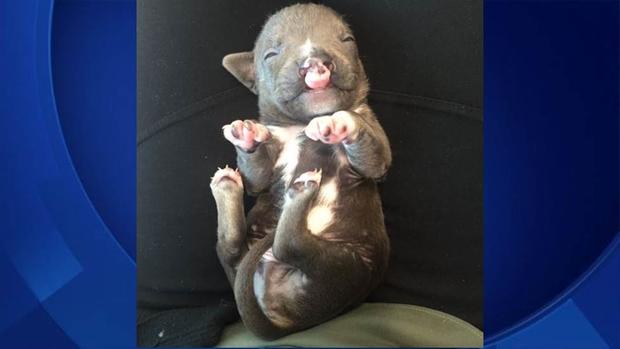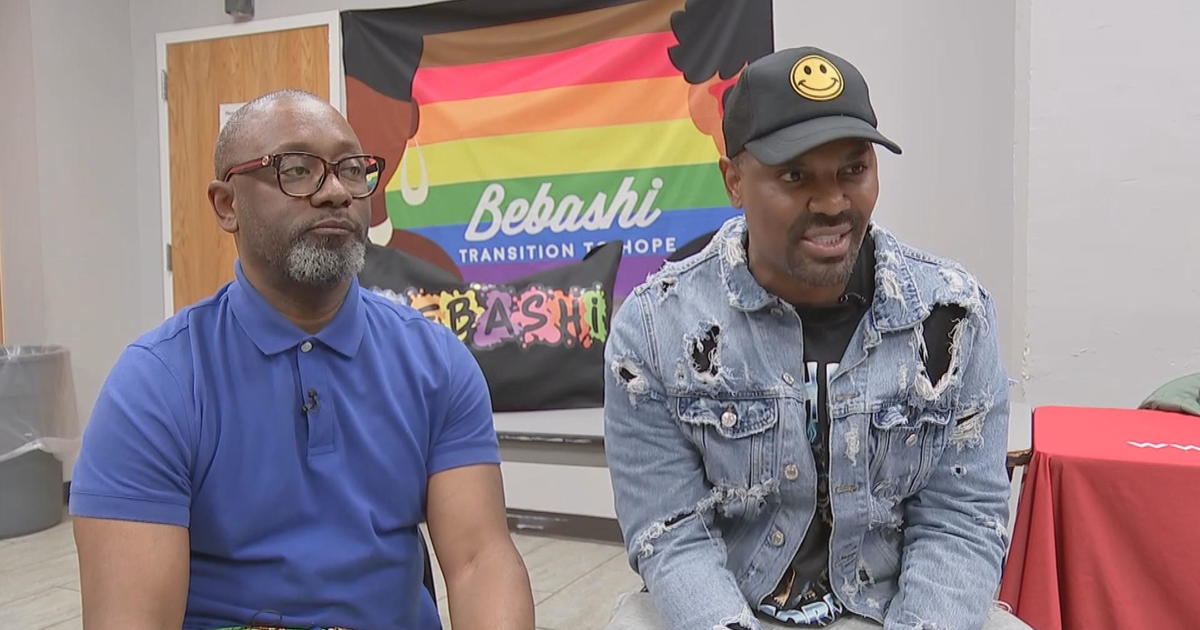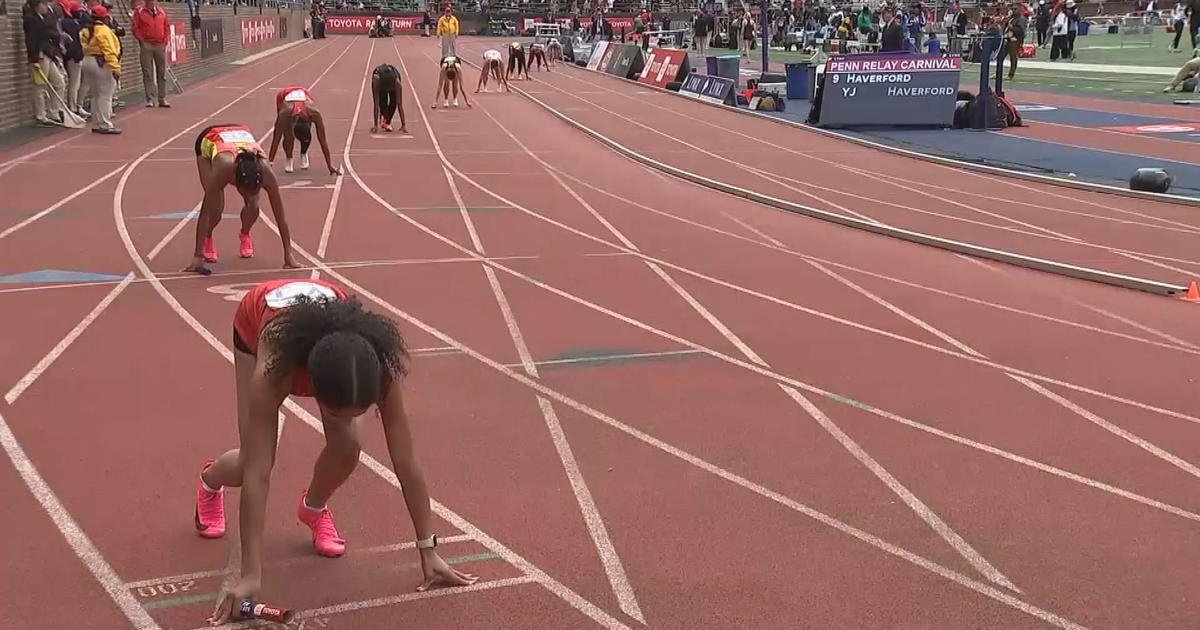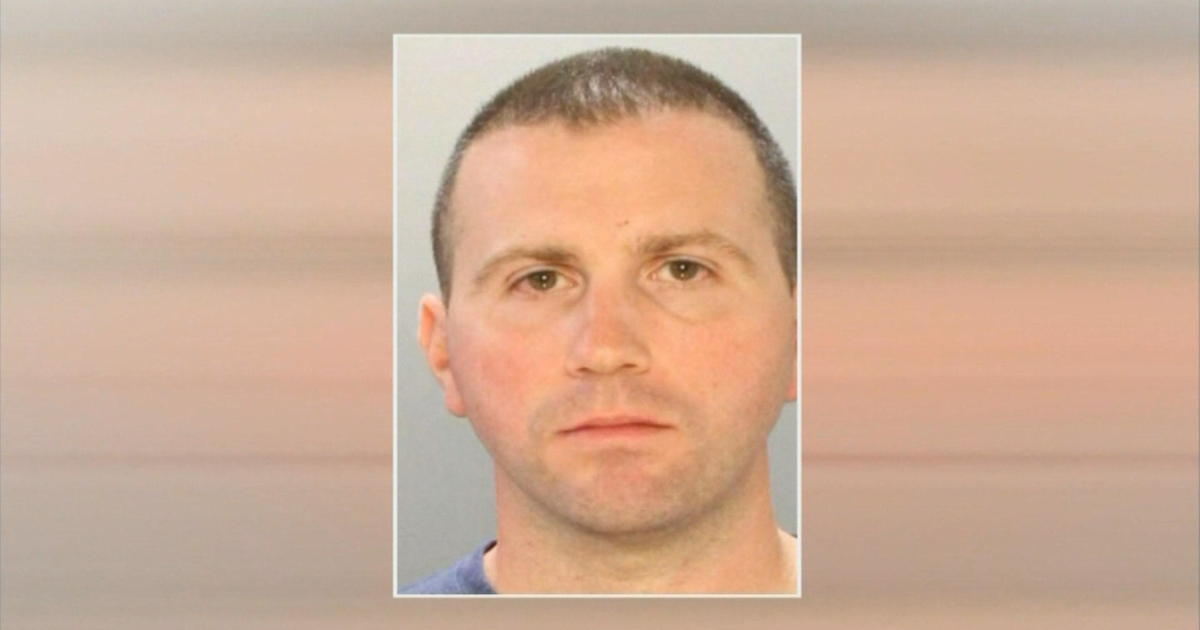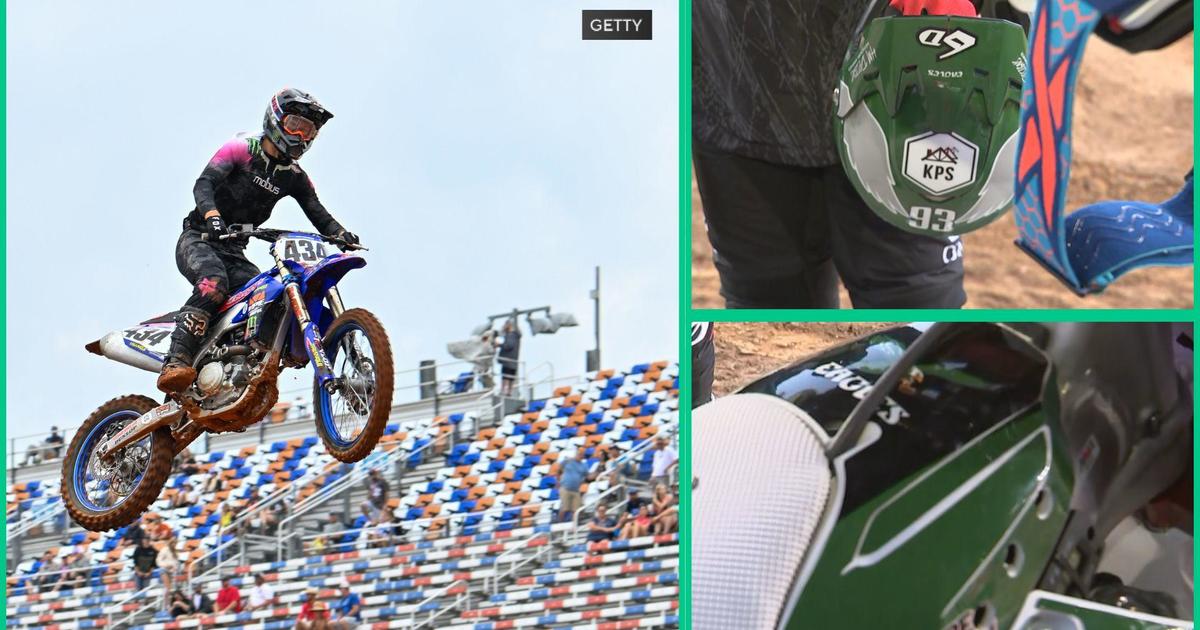Cleft Palate Dogs: Animals Worth Saving
By Chelsea Lacey-Mabe
PHILADELPHIA (CBS) -- Dogs make people feel loved; some act as guard dogs; and a growing number of them are becoming service animals. The pups that will be present at Penn Vet's Best Friends Bash will be there to show children with craniofacial differences, currently being treated at CHOP, that they're not alone--they have cleft palates just like them.
Cleft palate dogs throughout the US have traveled to Philadelphia to have their clefts repaired by the team at Penn Vet and some of them will be back for the big party on Tuesday, June 28.
"It makes me proud to work here and we've developed a special bond with the dogs," said Penn Vet associate professor of dentistry and oral surgery, Alex Reiter.
Lentil Bean, the cleft palate French Bulldog who became an internet sensation back in 2013 is just one of Reiter's success stories. Since his surgery he's become an "ambassadog" for people and dogs alike with craniofacial differences.
Reiter recommends clefts be repaired when the dog is around four months old. At this point the dog should be strong enough to handle the long surgery which could take up to four hours. The problem is the expense, costing owners anywhere from $4000 to $6000 depending if there are additional issues that require more repair or a stay in the ICU.
The longer it takes an owner to set a date for surgery though, the greater the chance their dog has at aspirating and the cleft can also become wider as the dog grows. Chewy, an American Pit Bull puppy born in November, is hoping to have his surgery next month. His owner Kelley Curtis set up a GoFundMe page to raise money for the procedure.
"He's completely a normal dog, he just unfortunately has this cleft palate issue," said Curtis. "People need to know that these puppies are worth saving."
The Centers for Disease Control and Prevention estimates 2,650 babies are born with cleft palates every year but the cause is largely unknown and thought to be a combination of factors. Cleft palates in dogs however are most often an inherited disorder and certain breeds of dogs including Cocker spaniels, German shepherds, Labrador retrievers, schnauzers, Shetland sheepdogs and short-nosed breeds are known to have clefts in their litters according to PetMD.
Still, not many people would know how to care for cleft palate puppies without proper guidance. It's been a learning lesson for Curtis who unbeknownst to her boss, took Chewy to work with her everyday in Malvern when Chewy was still tube feeding every two hours in order for him to get adequate nutrition.
"Kelley's been a stonewall," noted Chewy's vet, Carol Margolis, DVM. "[Chewy's] going to be a wonderful candidate for repair.
A year from now Chewy may be looking forward to attending his very first Best Friends Bash if he's able to raise enough money and have his surgery.
"His mouth will never look normal. They won't ever repair the physical deformities so the cleft nose and lip won't change they will just repair the inside," explained Curtis. "But once he has that fixed and he doesn't have the cleft palate opening he can be a normal dog."
